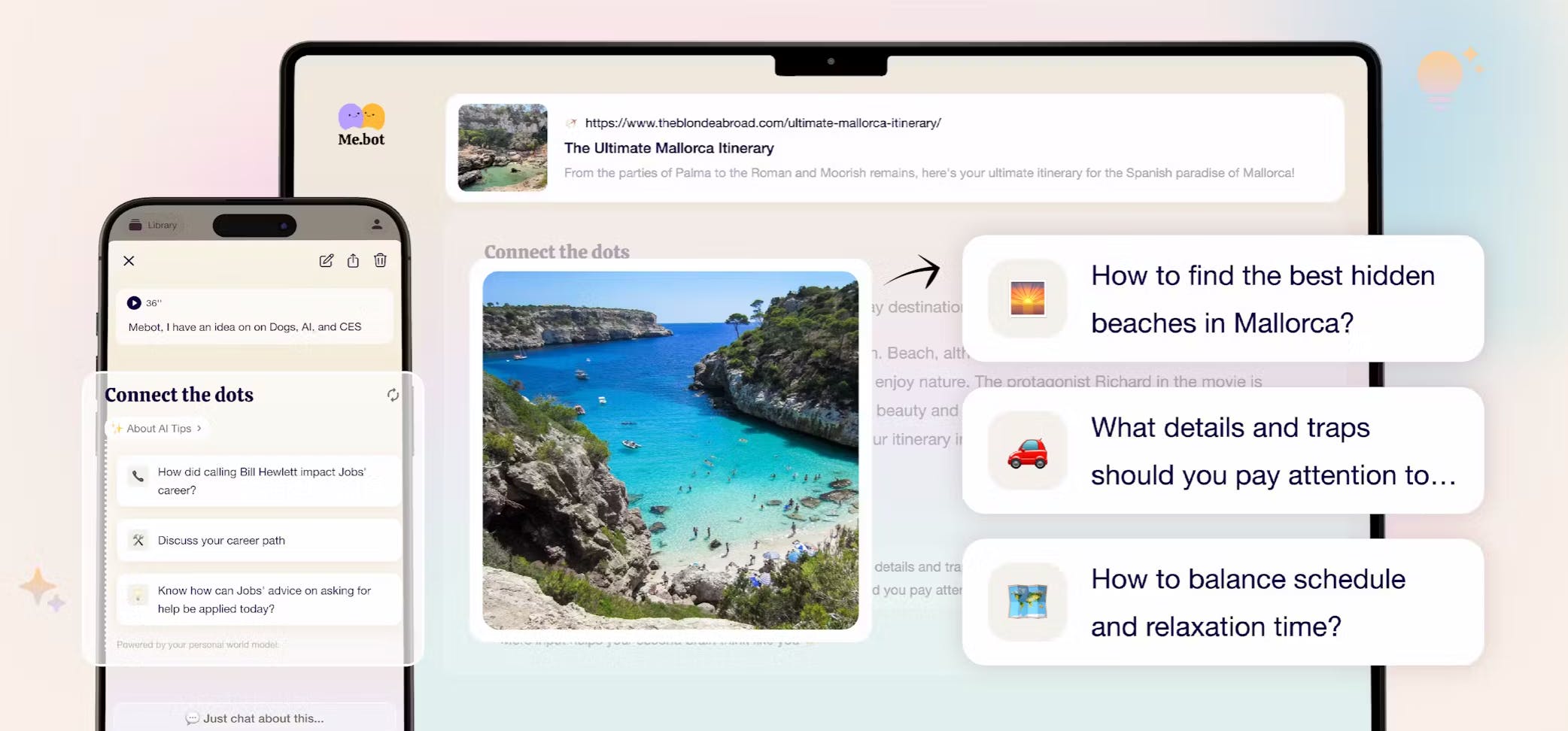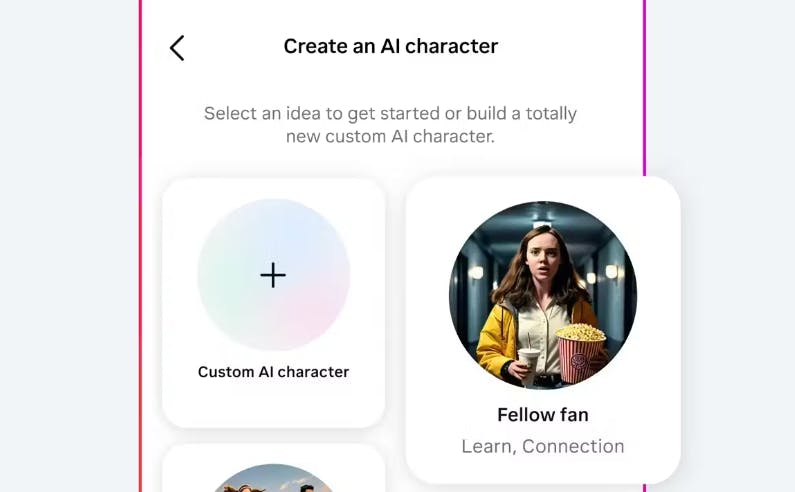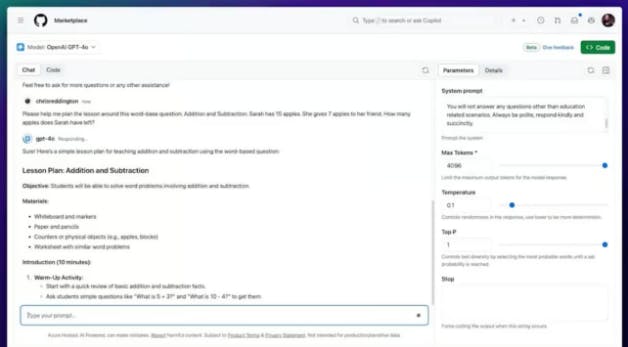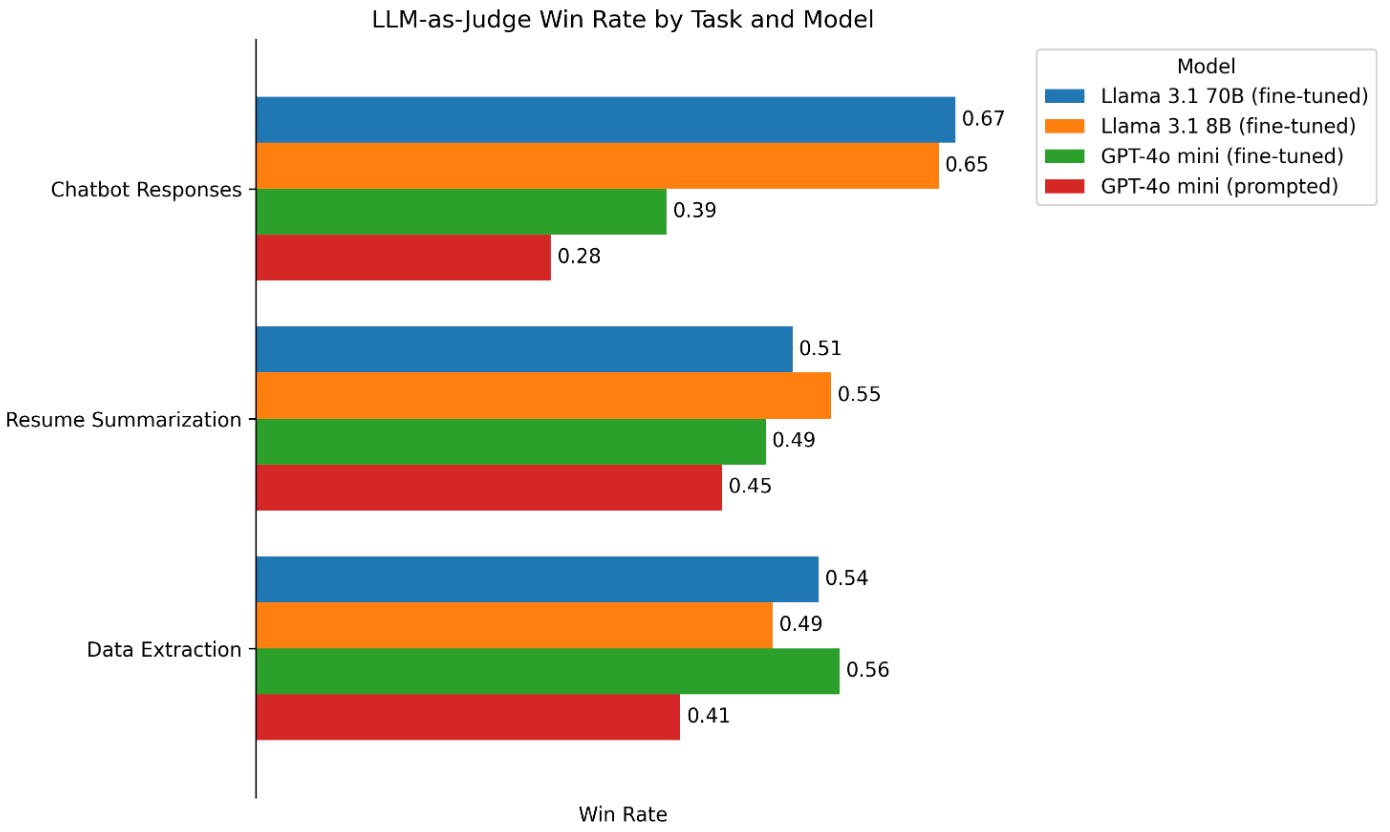
“Everyone deserves an AI that’s defined by them and not by Big Brother.” These are the words of Felix Tao, a Software Engineer, Research Assistant, and CEO of Mindverse, after he and his team launched Me bot — an AI assistant that learns from and develops alongside you.
It’s designed to be a personalized life coach and companion that evolves through your thoughts and ideas. At its most basic, Me bot can help you with all of your daily tasks. You can drop in things like your to-dos and meeting schedule, and it will provide context and reminders as deadlines loom. You can interact with the bot through voice, text, images, and links.
It starts to get interesting the more you share about your life, your challenges, your success, the areas you need help with. The AI uses what the company calls a “Large Personal Model” to create a memory archive and power its personality. That memory archive will serve as the basis to its growth. As you drop in notes, Me bot will be able to connect the dots by tapping into that archive and creating connections you might not have seen before.
Say you had an idea for a podcast. Drop it into the app, and your AI companion will make the connection between that idea and maybe some topics you’ve leaned heavily into before while also advising you on how to get started, what equipment you might need, how to market it, etc.
Naturally, if you’re going to be dropping in all of your notes, thoughts, and secrets, you’re going to want to make sure it’s private. Thankfully, the team insists the AI is one hundred percent private and accessible only to you. If you want to try it out, Me bot is available now on both iOS and Android.

Ever feel like you need a clone in order to keep up with your online presence? Meta’s new AI Studio might be the answer. It lets you create AI versions of yourself, designed to chat with your audience and handle interactions on Instagram or the web. It’s like having a virtual assistant that speaks in your voice, ready to engage with your community when you can't.
With AI Studio, you can set up your AI to respond to comments, chat in threads, and even manage specific tasks—all while you focus on creating content or running your business. Simply head to the AI Studio website or start an "AI chat" on Instagram to begin. Meta’s blog post details how you can customize your AI’s personality, set boundaries on topics, and control which accounts it interacts with. You can also enable features like auto-replies, making the experience seamless and interactive.
Beyond personal avatars, AI Studio also allows for the creation of entirely new characters, offering a playful twist to your digital engagement.
Meta AI Studio is currently available to US users, but it will likely expand to other countries soon.

If you're building voice applications and still struggling with transcription accuracy, it's time to meet Deepgram Nova-3. Built for the most challenging acoustic environments, from packed call centers to high-stakes trading floors, Nova-3 delivers real-time transcription with industry-leading accuracy–54.2% better for streaming, 47.4% for pre-recorded data. Plus, you can adapt industry-specific vocabulary on the fly, without model retraining. Finally, enterprise speech-to-text that speaks your language.

GitHub has just introduced GitHub Models, a new feature designed to let developers dive into generative AI without leaving their coding environment. This handy addition integrates directly with GitHub Codespaces and Visual Studio Code, allowing developers to experiment and build with AI models in one platform.
With GitHub Models, you can explore some of the biggest models like Meta's Llama 3.1, OpenAI's GPT-4o and GPT-4o mini, Cohere's Command, and Mistral AI's Mistral Large 2, alongside other lesser known ones. It’s all about making it easier for developers to play around with these models, test different setups, and see what works—all without the need for complex setups or additional tools.
What sets GitHub Models apart is its accessibility. Unlike platforms that cater to enterprise clients with more complicated workflows, GitHub Models is straightforward and available to everyone. It’s good for quickly trying out ideas or just getting a feel for what these AI models can do.

Two weeks ago, two new major model families became available for fine-tuning: Llama 3.1, which comes in 8B, 70B and 405B(!) variants, and GPT-4o mini. Kyle Corbitt, the founder of OpenPipe, shared his experience comparing GPT-4o mini and Llama 3.1 for fine-tuning. The good news is, all three of the models are extremely high quality. The bad news is...
🔍 The UK is investigating Amazon’s ties to Anthropic.
📹 Google’s AI video creation tool is rolling out to more users.
🤖 The Humane AI pin is currently seeing more returns than sales.
🗣️ Former Clubhouse employees are launching their own social app.
🔐 OpenAI has released a safety assessment of its latest GPT-4o model.
🧑⚖️ X plans to sue Unilever and Mars over an alleged advertising boycott.
🛍️ TikTok and Pinterest are partnering with Amazon for in-app shopping.
🏃 One of the OpenAI cofounders has announced he’s leaving for Anthropic.
🐦 In an email from its CEO, X has announced it is closing its San Francisco office.
📽️ YouTube may be getting a community-notes feature to combat misinformation.
🔍 Google has lost a potentially massive antitrust case over the company’s dominance.








